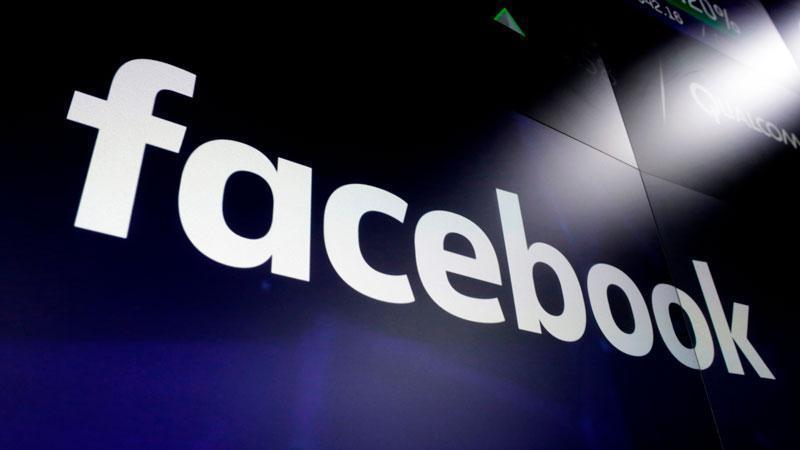Facebook says it will lift its Australian news ban soon

In this March 29, 2018 file photo shows the logo for Facebook at the Nasdaq MarketSite, in New York's Times Square.[AP Photo/Richard Drew, File]
Facebook said on Tuesday it will lift its ban on Australians sharing news after it struck a deal with Australia’s government on legislation that would make digital giants pay for journalism.
Treasurer Josh Frydenberg and Facebook confirmed that they have agreed on amendments to proposed legislation to require the social network and Google to pay for Australian news that they feature.
Facebook’s cooperation is a major victory in Australian efforts to make the two gateways to the Internet pay for the journalism that they use. The company had blocked Australian users from accessing and sharing news last week after the House of Representatives passed the draft law late Wednesday.
The amended version of the proposed legislation would give digital platforms one month’s notice before they are formally designated under the code. That would give those involved more time to broker agreements before they are forced to enter the binding arbitration arrangements required by the proposed law.
Initially, the Facebook news blockade cut access — at least temporarily — to government pandemic, public health and emergency services, sparking public outrage.
A statement Tuesday by Campbell Brown, Facebook’s vice president for news partnerships, said the deal allows the company to choose which publishers it will support, including small and local ones.
“We’re restoring news on Facebook in Australia in the coming days. Going forward, the government has clarified we will retain the ability to decide if news appears on Facebook so that we won’t automatically be subject to a forced negotiation," Brown said.
Frydenberg described the agreed upon amendments as “clarifications” of the government’s intent. He said his negotiations with Facebook chief executive Mark Zuckerberg were “difficult.”
“There is no doubt that Australia has been a proxy battle for the world,” Frydenberg said.
“Facebook and Google have not hidden the fact that they know that the eyes of the world are on Australia and that is why they have sought to get a code here that is workable,” he added, referring to the proposed News Media Bargaining Code.
The code was designed to curb the bargaining dominance of Facebook and Google in their negotiations with Australian news providers by requiring a negotiation safety net in the form of an arbitration panel. The digital giants would not be able to abuse their overwhelming negotiating positions by making take-it-or-leave-it payment offers to news businesses for their journalism. In case of a standoff, the panel would make a binding decision on a winning offer.
Swinburne University senior lecturer on media Belinda Barnet said the proposed amendments guarantee Facebook time to strike deals before the arbitration panel decides on a price for news.
Peter Lewis, director of the Australia Institute’s Center for Responsible Technology, a think tank, said in a statement that the "amendments keep the integrity of the media code intact.”
Google also had threatened to remove its search functions from Australia because it said the proposed law was unworkable. But that threat has faded.
Google has been signing up Australia’s largest media companies in content licensing deals through its News Showcase model.
The platform says it has deals with more than 50 Australian titles through Showcase and more than 500 publishers globally using the model which was launched in October.
Facebook said it will now negotiate deals with Australian publishers under its own model, Facebook News.
“We are satisfied that the Australian government has agreed to a number of changes and guarantees that address our core concerns about allowing commercial deals that recognize the value our platform provides to publishers relative to the value we receive from them,” Facebook regional managing director William Easton said.
“As a result of these changes, we can now work to further our investment in public interest journalism and restore news on Facebook for Australians in the coming days, ” Easton added.